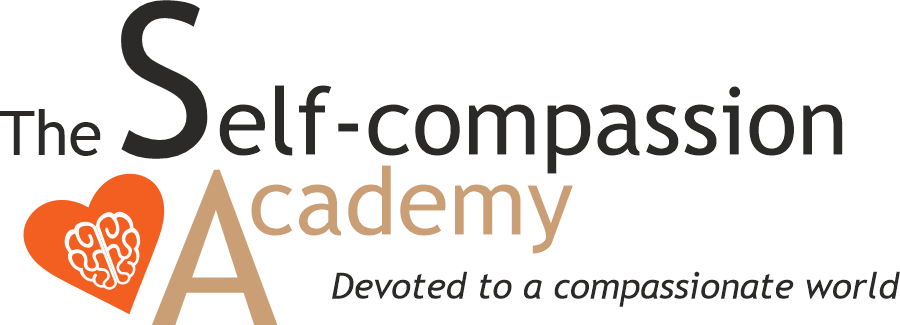We all know the feeling: one small setback leads to another, and before you know it, your thoughts are spinning out of control. Downwards, into this loop of self-criticism, worry, and shame. This is the hallmark of a negative spiral and it can be hard to pull yourself out once you’re caught in it. So, what do you do? You guessed it. Self-compassion is a powerful, science-backed way to interrupt the negative spiral and bring yourself back to emotional balance.
What is a negative spiral?
A negative spiral is a pattern of thoughts and emotions that reinforce each other in a downward loop. It often starts with a triggering event (a mistake at work, a conflict in a relationship, a harsh word from someone else).
From there, one negative thought leads to another, often gaining intensity and speed: ‘I shouldn’t have done that,’ becomes ‘I always mess things up,’ and then ‘I’ll never be good enough.’
These spirals are more than just overthinking. They activate our threat-defense system, the brain’s built-in alarm system designed to protect us from danger. When triggered, this system floods us with cortisol and other stress hormones. We go into fight, flight, or freeze mode which is everything but helpful when the that ‘threat’ is internal, like our own thoughts.
Why do I have negative thoughts?
Negative thoughts are actually an evolutionary response to threats and therefor a normal part of being human. Your brain is wired for negativity. From an evolutionary standpoint, humans developed a negativity bias to stay safe. We’re more likely to notice what’s wrong than what’s right.
Besides that, self-criticism is a default mode for many. According to psychologist Kristin Neff, many people believe that being hard on themselves will motivate them. But research shows the opposite: self-criticism increases anxiety, while self-compassion supports emotional resilience. Neff: ‘Often, we meet ourselves with blame or judgement and we flow into a negative spiral.’
Also, stress and fatigue lower your emotional bandwidth. When you’re tired, hungry, or under pressure, you’re more vulnerable to negative thinking and one small thing can tip you into a negative spiral.
How to break a negative spiral?
While you can’t always prevent the start of a spiral, you can try to interrupt it with the help of self-compassion. Here’s how:
1. Notice your spiraling
Awareness is the first step. You might feel physical signs, like a tightness in your chest, or emotional signs, like racing thoughts or a sudden drop in mood. Try to acknowledge you’re getting into a negative spiral to create space between you and your thoughts.
2. Be kind to yourself (instead of using self-criticism)
Only awareness and space doesn’t make sense when you don’t fill it with warmth, Neff says. Try telling yourself this is hard right now, and you’re doing the best you can. Research shows that self-kindness reduces stress and increases emotional resilience.
3. Connect with common humanity
Remind yourself that you’re not alone. Moments of doubt, pain, or failure are a normal part of being human. It’s what we call ‘the power of shared humanity’.
Neff: ‘It’s the suffering that connects us with others. It helps us to see our own experience as a part of a larger human experience, not isolating’
4. Use your body to ground your mind
Gently place a hand over your heart or take a few slow, mindful breaths. Research shows that physical gestures of care can soothe the nervous system. These grounding techniques may help.
Neff: ‘Compassionate presence opens you up and generates positive emotions. You acknowledge negative emotions but you don’t identify with it.
Is it possible to stop emotional spiraling completely?
You can’t stop negative spirals from happening, but you can change how you respond to them. Self-compassion doesn’t eliminate difficulty, but it transforms your relationship with it. You learn to pause, soften, and turn toward yourself with care.
A study done by Neff and Dutch professor of social psychology Roos Vonk found that self-compassion was associated with greater emotional clarity and stability than self-esteem. In other words, being kind to yourself actually makes you stronger, not weaker.
Try this: 11 Questions for Reflecting on Self-Compassion and Self-Discovery
Photo by: Dana Ward via Unsplash






